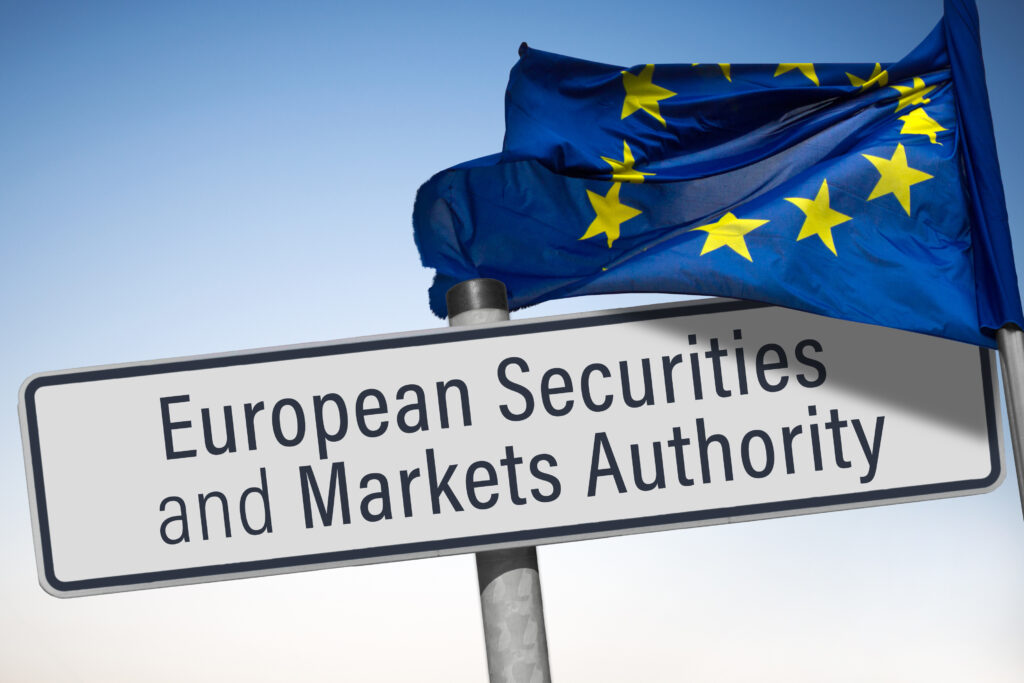
Key Takeaways:
- The EU is considering giving ESMA direct oversight of crypto firms to address fragmented regulation under MiCA.
- National licensing has led to inconsistent standards, with ESMA criticizing inefficiencies and regulatory mismatches.
- Centralizing supervision aims to unify the crypto market, but tensions remain over passporting rights and national control.
The European Union is considering shifting crypto oversight to the European Securities and Markets Authority (ESMA) to address what officials describe as “fragmented and inefficient” supervision under the current national system.
ESMA Chair Verena Ross confirmed that the European Commission is exploring plans to give ESMA direct authority over cryptocurrency service providers, aligning with the broader goal of financial integration under the Markets in Crypto-Assets (MiCA) regulation.
🧠Thinking about investing in #crypto? Do you know if your provider is authorised to operate in the EU?
— ESMA – EU Securities Markets Regulator 🇪🇺 (@ESMAComms) October 6, 2025
🚨 #MiCA is changing the crypto landscape, but investor protection may be limited.
Learn what MiCA means for you as a consumer → https://t.co/QOMXmEVRVv pic.twitter.com/BlCVDSeptz
At present, individual EU countries such as Lithuania, Malta, and Luxembourg license crypto firms like Robinhood, OKX, and Coinbase, leading to inconsistencies in regulation and enforcement.
A July ESMA review even criticized Malta’s licensing standards, highlighting uneven supervision across member states.
Centralizing authority under ESMA would promote consistent rules and enforcement across all 27 EU countries, reducing compliance duplication and ensuring stronger consumer protection.
However, national regulators remain divided, with France reportedly considering barriers against “passporting” – the practice allowing crypto firms licensed in one EU state to operate across the bloc.
The debate underscores ongoing tensions between EU integration and national sovereignty in financial regulation.

